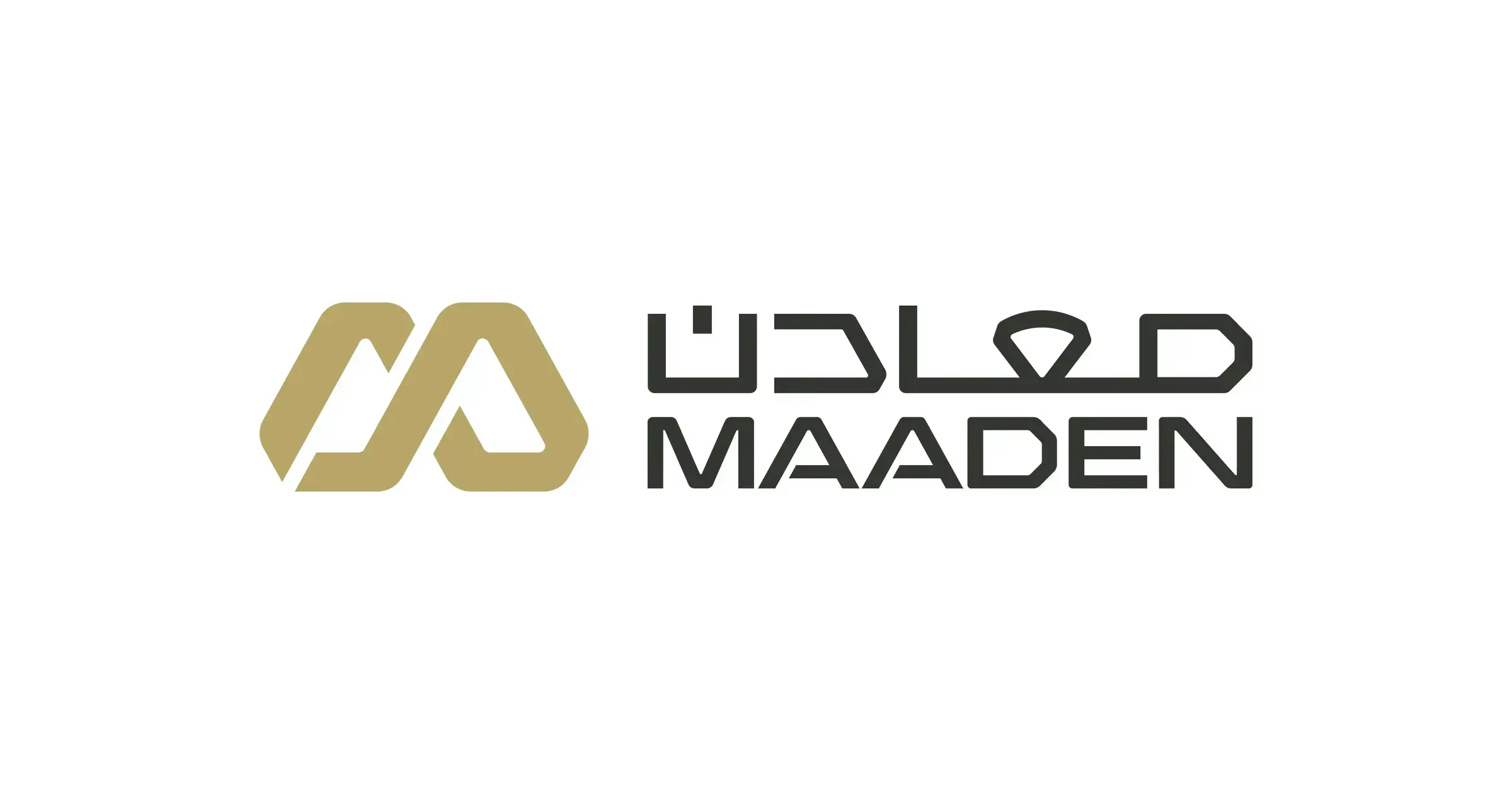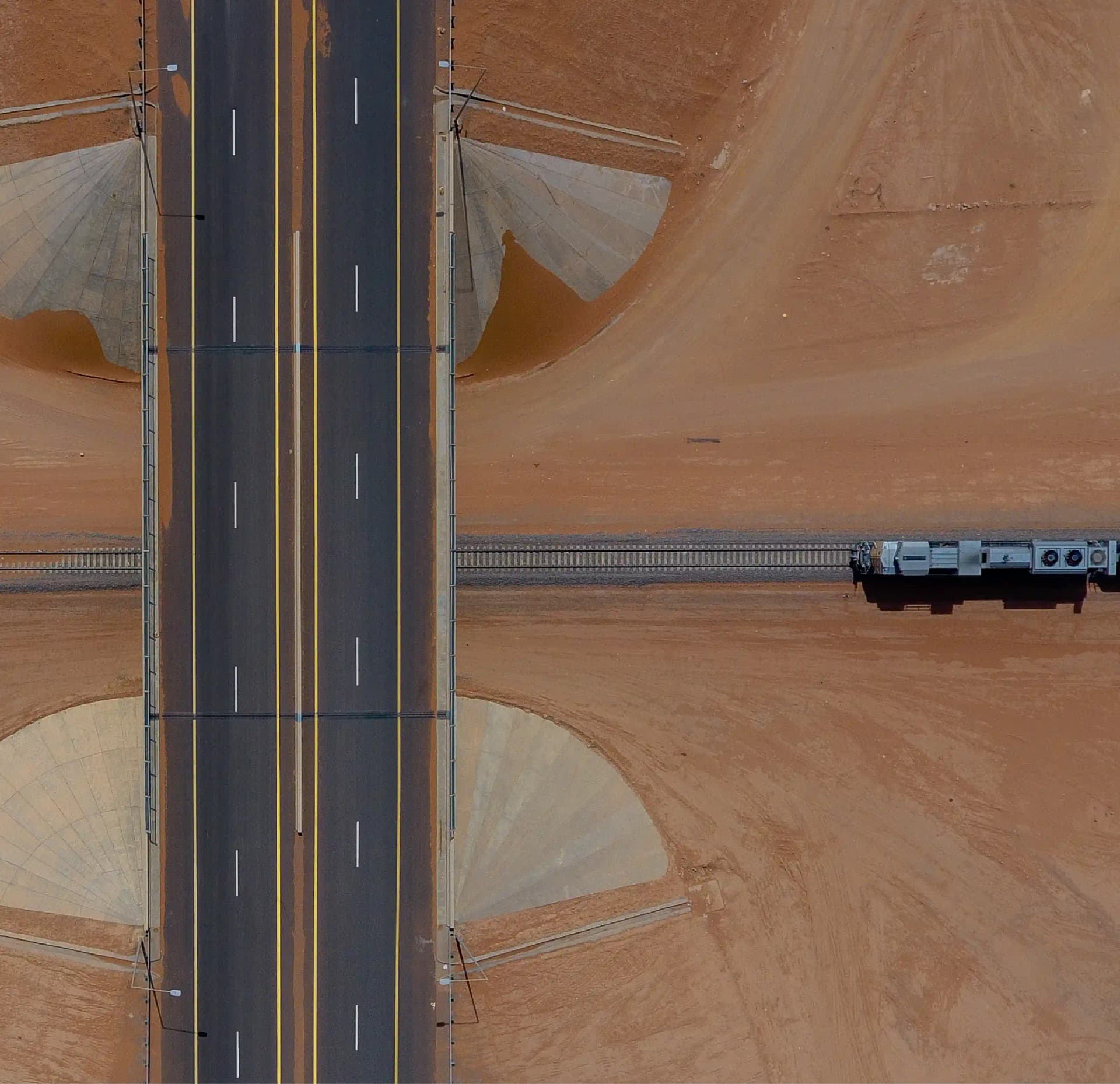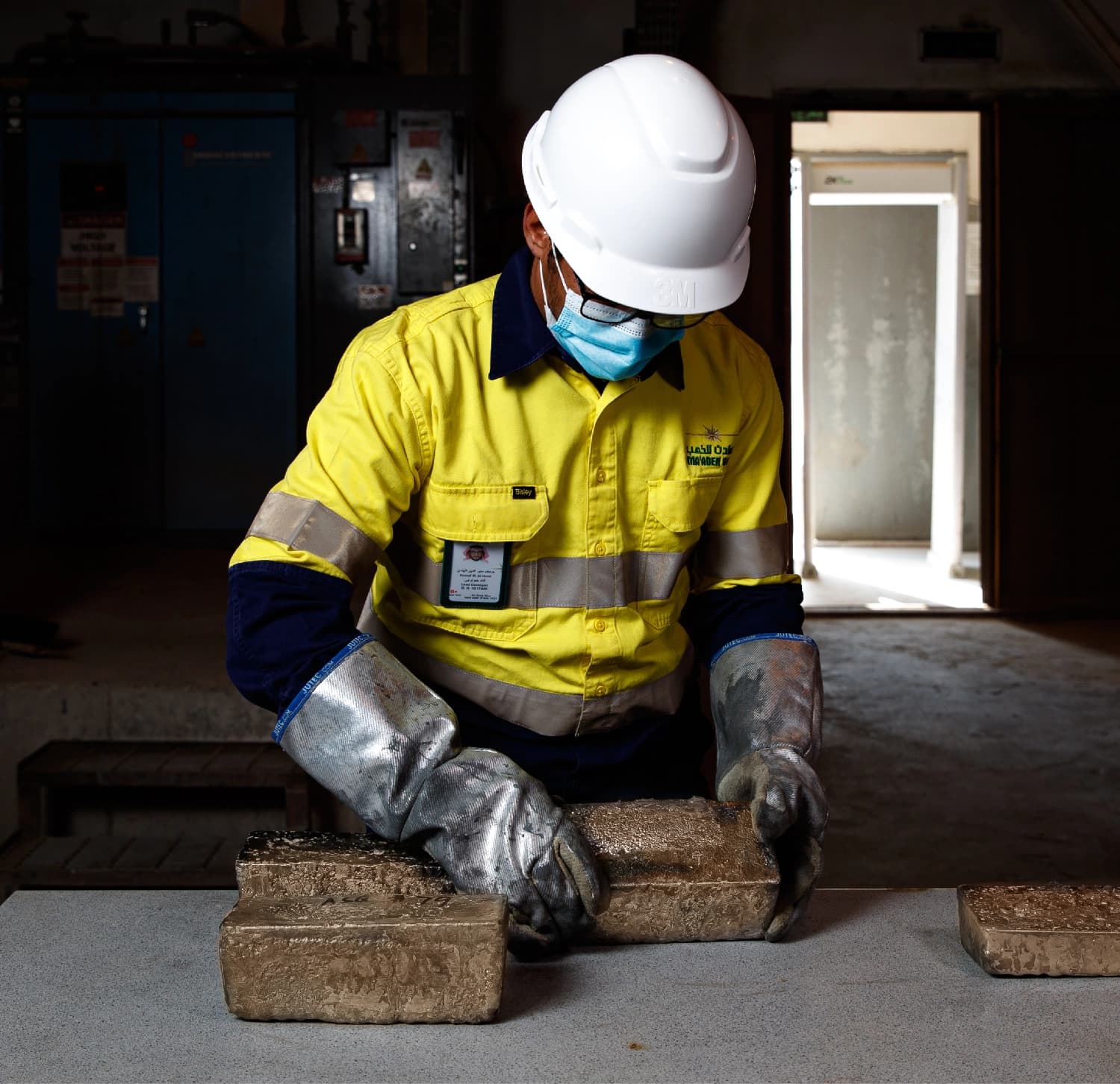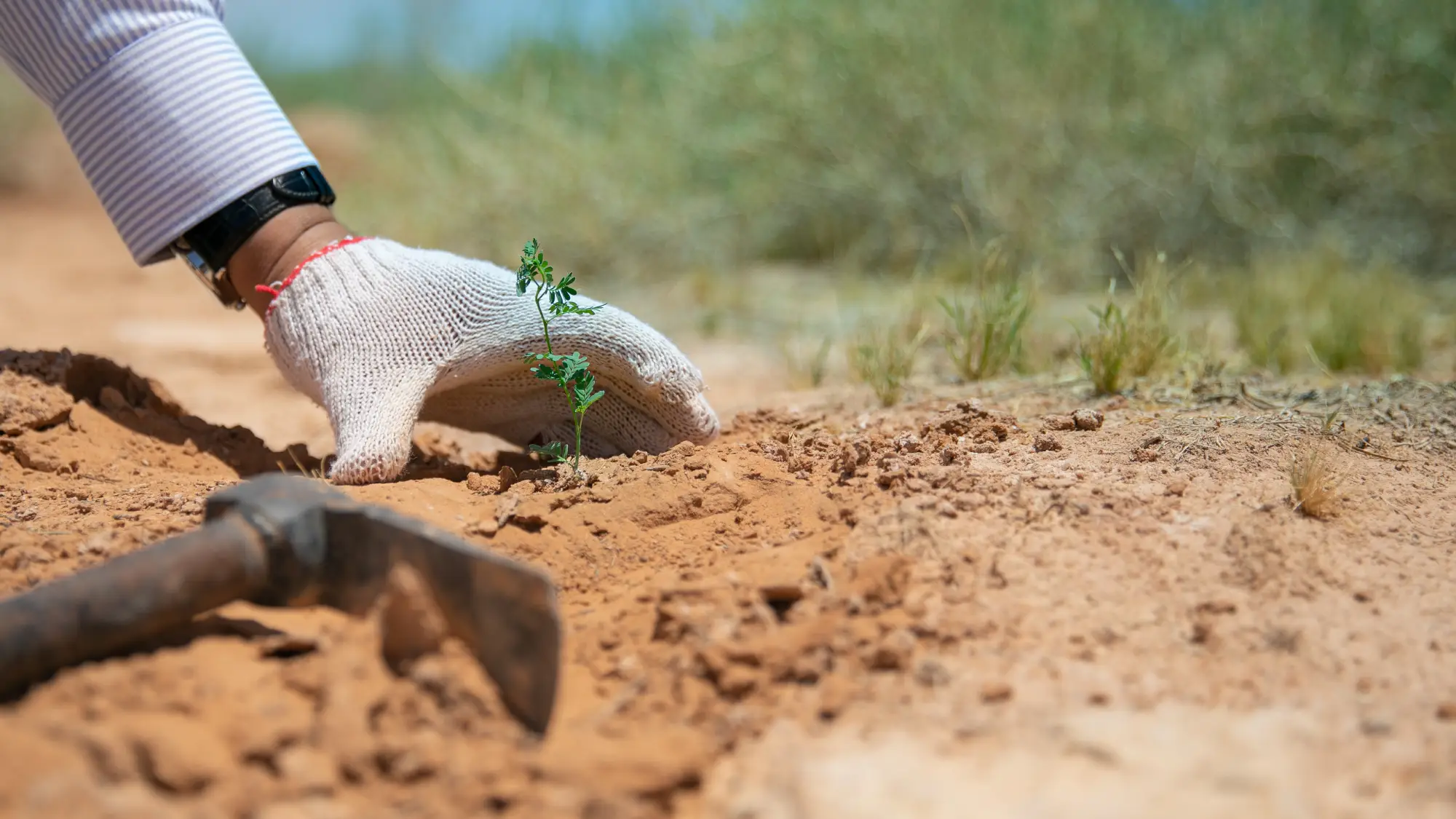Why Feeding the World Is the Kingdom’s Next Growth Story

In a world where food has become as strategic as energy, Saudi Arabia is seizing its next growth opportunity – helping feed the planet. On World Food Day, Hasan Al-Ali, Executive Vice President of Maaden’s Phosphate Business Unit, explains why Maaden is investing to expand its phosphate business – a move set to make Saudi Arabia the second largest phosphate fertilizer exporter in the world and a pillar of global food security.
World Food Day is a reminder that food security is the defining challenge of our time. By 2050, the global population will approach 10 billion people. Farmers will need to grow more food on less land, inconsistent supply chains and under harsher climatic conditions resulting in low crop yields. Fertilizer is the single most important input to make that possible. Phosphate fertilizers areindispensable - they enrich nutrient deficient soils and improve crop production. Without phosphate, the world cannot feed itself.
Saudi Arabia is home to some of the world’s largest phosphate reserves, known for exceptionally low levels of heavy metals. While less recognized than the Kingdom’s gold or energy wealth, phosphate is rapidly gaining strategic importance as food security and fertilizer scarcity rise on the global agenda.
Our country’s phosphate reserve represents both a responsibility and an opportunity: a responsibility to harness it in support of global food security and a powerful business opportunity to transform natural resources into long-term economic value.
Supplying local farmers in Saudi Arabia and around the world, Maaden’s fully integrated and optimized supply chain delivers around 20% of the global phosphate supply, supporting farmers and industries across more than 30 countries, including Brazil, India and Kenya. As demand continues to grow, we’re making a major investment to expand capacity and deliver on an even greater scale.
Maaden’s phosphate operations are anchored by two major industrial hubs: Wa’ad Al Shamal in the north and Ras Al Khair on the Arabian Gulf coast. Wa’ad Al Shamal focuses on mining and processing, while Ras Al Khair manages finishing, storage and export to global markets. The Phosphate 3 mega project is now underway to expand and upgrade both hubs, boosting production capacity by 50% to reach nine million tons annually.
What makes this expansion even more powerful is that it builds on an already fully integrated system. Our phosphate moves from mine to port entirely within the Kingdom, protected from many of the external disruptions that affect global markets, allowing us to deliver consistently and competitively to farmers worldwide, no matter the conditions.
A decade ago, Maaden was not even on the global phosphate map. Today, we produce 6 million tons of phosphate. Tomorrow, with the increase production capacity across our phosphate hubs, we are on track to position Saudi Arabia among the top three phosphate producers and the second-largest exporter worldwide.
This is Vision 2030 in action. Saudi Arabia stands at the forefront of one of humanity’s greatest challenges: securing the world’s food supply. At the same time, the Kingdom is unlocking powerful new ways to grow its own economy. Maaden is turning that vision into reality by transforming natural resources into global solutions and proving that mining isn’t just vital to the Kingdom’s future, but to the world’s.
On this World Food Day my message is clear: Maaden is proud to help feed the world and equally proud to make phosphate central to the Kingdom’s economic transformation and long-term prosperity.




.png&w=1920&q=75&dpl=dpl_CunpMDsJDzZoPdF8M4HMuBSDBEFt)
.webp&w=1920&q=75&dpl=dpl_CunpMDsJDzZoPdF8M4HMuBSDBEFt)
.webp&w=1920&q=75&dpl=dpl_CunpMDsJDzZoPdF8M4HMuBSDBEFt)